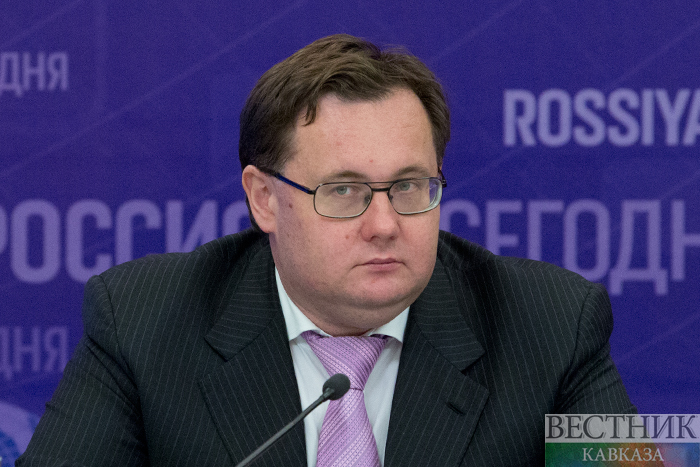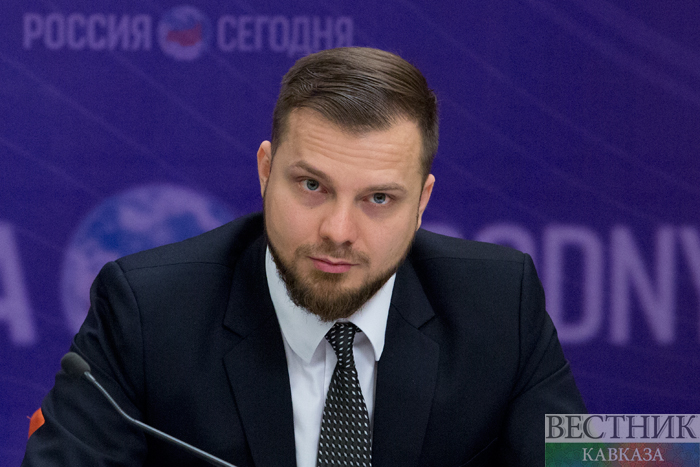Russia's economy will grow by 1.2% this year and by 1.8% next year, according to research carried out jointly by the Gaidar Institute for Economic Policy, the Russian Presidential Academy of National Economy and Public Administration (RANEPA) and the Russian Foreign Trade Academy for 2017-2018. in the framework of the macroeconomic forecast. According to the scientific director of the the Gaidar Institute for Economic Policy, Sergei Drobyshevsky, these figures are more modest compared to the previous forecast (1.6% for 2017, 2% for 2018). The adjustment is due to an unexpected change in statistics for 2015-2016.

Sergei Drobyshevsky
According to the director of the Center for International Trade Studies of the Institute of Applied Economic Research of RANEPA, Alexander Knobel, if a researcher looked at the dynamics of trade, investment and labor flows between Russia and the European Union, compared it with other macroeconomic indicators, he would hardly be able to conclude that there is some significant political component in this. The expert marked the introduction of counter-sanctions in 2014, which blocked the import flows of certain commodity groups, as an exception, noting: "This has already played its role in 2014, and if we compare 2016 with 2015, then all other reactions are absolutely market-oriented."
According to Knobel, "in general, in such cost volumes we slightly lose our positions in the European market. If in the best years we ranked second to China, basically we were the third largest supplier for the EU after the US and China, then now we have dropped to third place, letting Switzerland pass us by. Our share has declined from 8% to 7%. This was not due to the fact that the market basket we supply to the EU consists of those goods which world prices and prices in the EU markets have fallen. We even increased the share of the pipeline gas in the EU market, now it is 42% instead of 40% last year. And our oil share increased to 32%. That is, we have even increased our share in raw energy products, but because of the known drop in world prices for energy resources, these supplies decreased in value terms."

Alexander Knobel
The same thing, according to the expert, concerns not only gas and oil products, but also goods of an average degree of processing - metals: "Their prices also declined, despite the fact that we have not only increased physical volumes of supplies for certain positions and for individual markets, but even increased the share of these positions in the European market. This applies to non-ferrous metals, ferrous metals, gas, oil and petroleum products. But as the prices for these goods have decreased, our presence in the European market in value terms has also decreased. "
However, as Knobel said, this year the trend is changing: "Energy prices are higher than this time last year, prices for metals, fertilizers and other products of average processing also increased. Therefore, our share in the European market this year will be higher. Those volumes of gas supplies that we have increased were increased in the Ukrainian direction. Now 43-45% of the pipeline gas supplied to Europe is pumped through the Ukrainian territory. On the contrary, there was practically no increase through Belarus."
"Our interaction with the European Union continues. It is not heavily distorted in terms of trade because of the sanctions regime that operates between our countries. There are no surprises for investments either. This year we forecast an increase in the share of the European Union for us as a trading partner and some recovery to the level of 2014 due to a rise in prices for the main products of Russian exports to the EU. And our presence in the European market will increase somewhat due to this factor. We again will become the third largest suppliers of goods to the EU market," the expert said.






